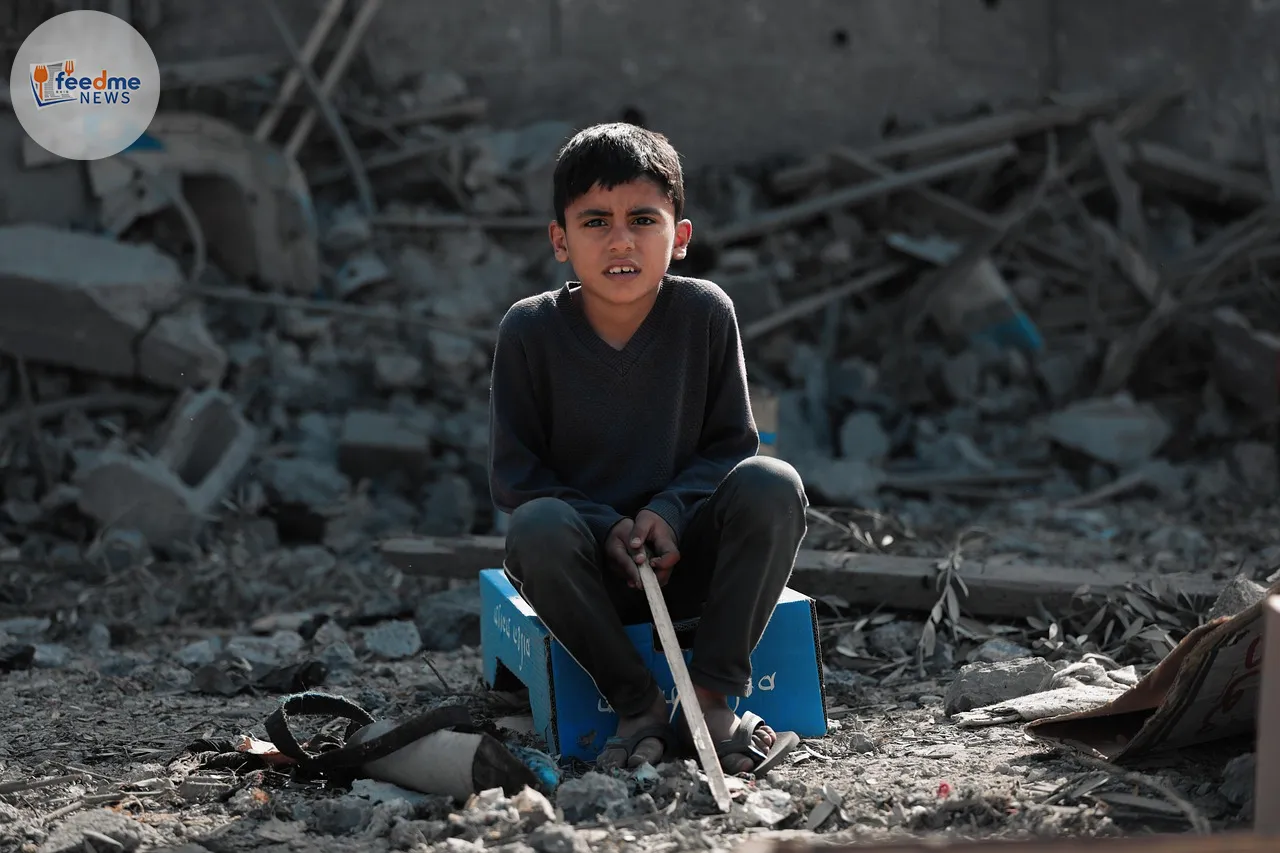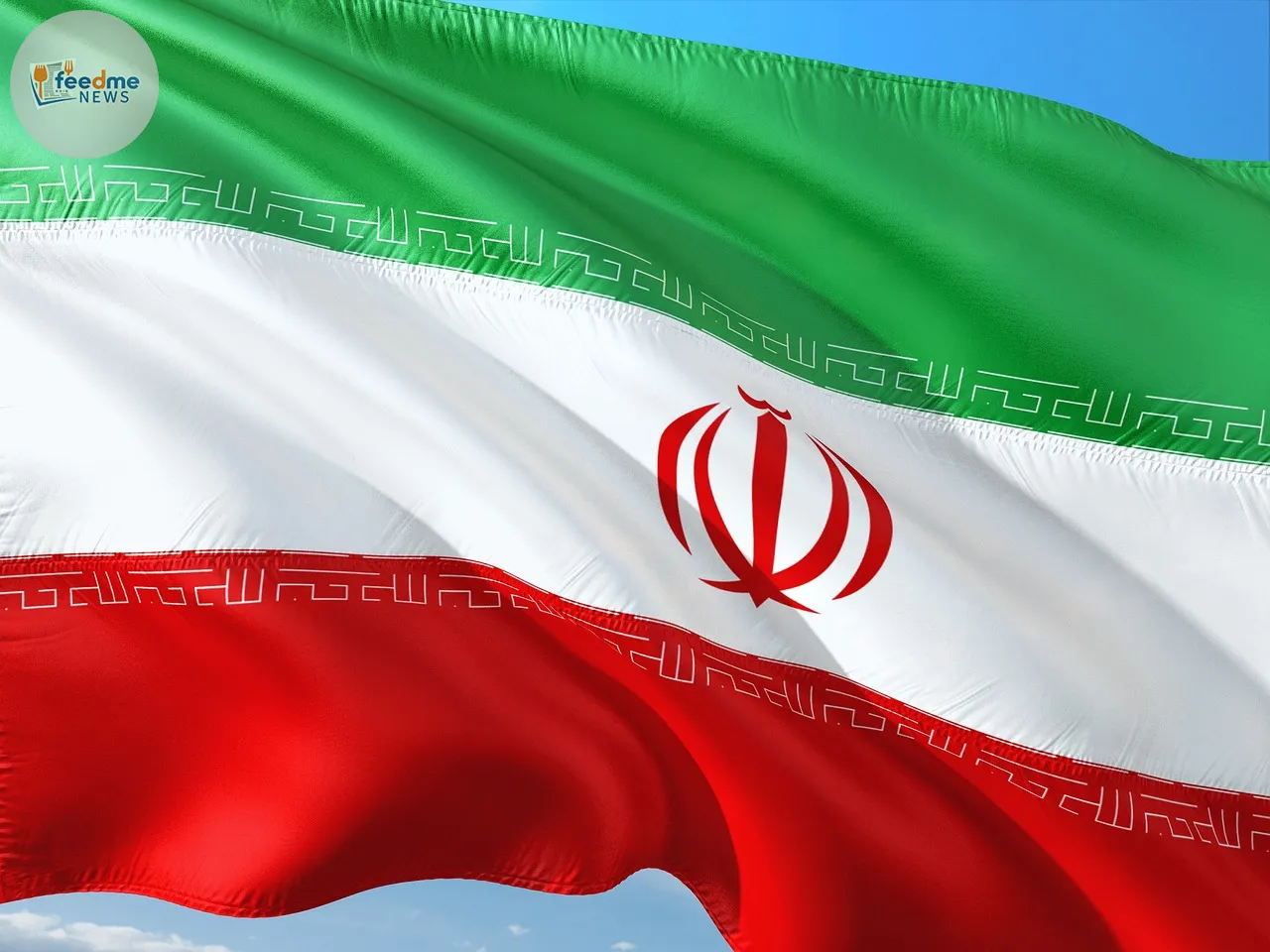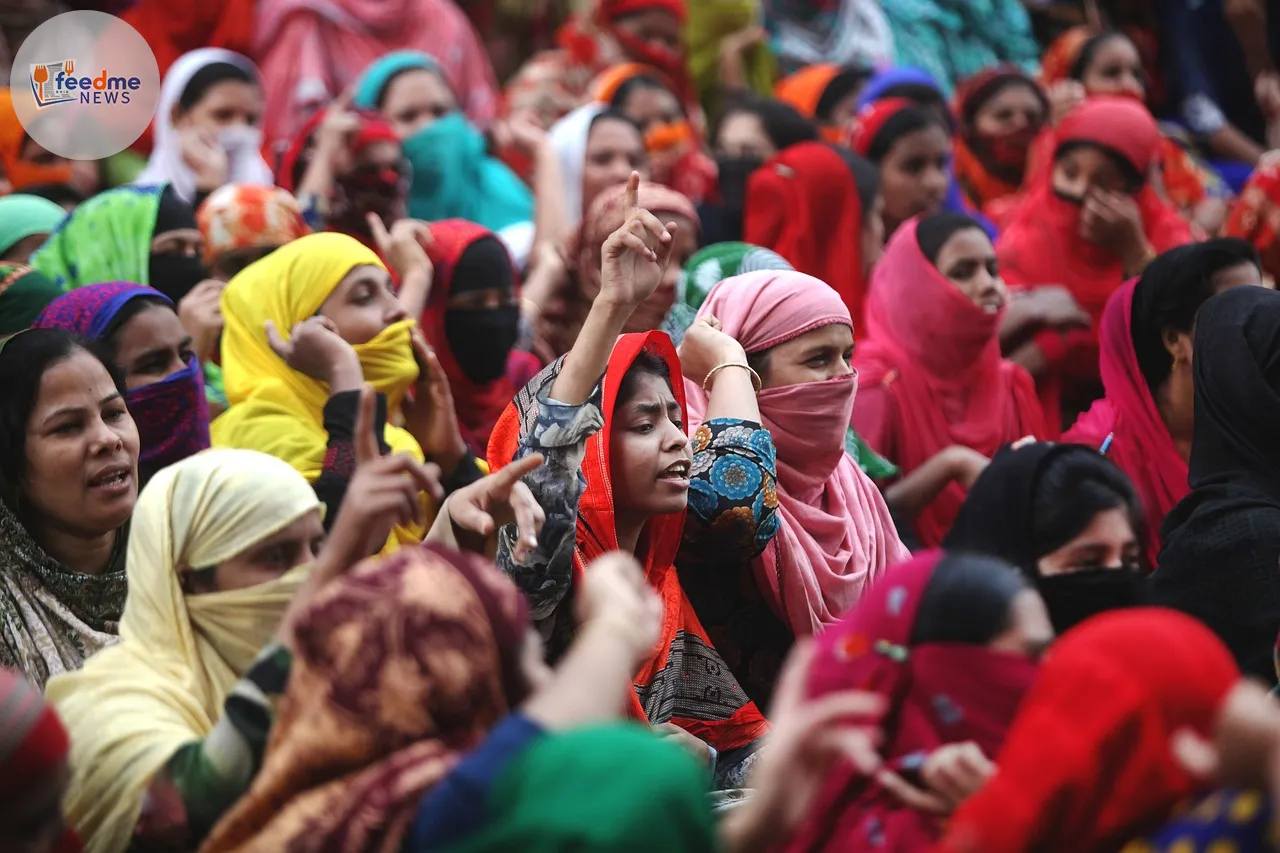In a significant escalation of tensions in the Middle East, the Israeli Defence Forces (IDF) have issued mandatory evacuation orders for several areas in northern Gaza. Residents of Beit Hanoun, Beit Lahiya, and the neighbourhoods of Sheikh Zayed, al-Manshiya, and Tal al-Zaatar have been instructed to leave immediately. Avichay Adraee, an Arabic language spokesperson for the Israeli army, described the directive as a “final” warning before a planned military raid. This development marks a critical juncture in the ongoing conflict, raising concerns over the humanitarian impact on the civilian population.
Crisis Unfolds in Northern Gaza
The evacuation orders were disseminated early Tuesday morning, creating a palpable sense of urgency as families scrambled to find safer ground. The directive follows a period of heightened military activity in the region, with recent skirmishes intensifying along the border. The IDF’s announcement has sparked fears of a large-scale military operation, reminiscent of past confrontations that have resulted in significant casualties and displacement.
Local sources report that the atmosphere in the affected areas is tense, with many residents expressing fear and uncertainty about their future. “We have nowhere to go,” said one resident of Beit Lahiya, who wished to remain anonymous. “We just want to live in peace, but we are caught in the middle of this conflict.”

Historical Context and Ongoing Conflict
The current situation in northern Gaza is part of a long-standing conflict between Israel and Palestinian groups, including Hamas, which governs the Gaza Strip. Periodic escalations have led to devastating impacts on civilians, with infrastructure damage and humanitarian crises frequently following military operations.
The origins of the conflict date back to the mid-20th century, when territorial disputes and political tensions first emerged in the region. Despite numerous efforts at peace negotiations, a lasting resolution has remained elusive. The recent escalation follows a familiar pattern of retaliation and counter-retaliation, with both sides blaming each other for initiating hostilities.
International Reactions and Diplomatic Efforts
The international community has expressed deep concern over the potential for further violence. The United Nations has called for restraint from all parties, emphasising the need to protect civilian lives and adhere to international humanitarian law. António Guterres, the UN Secretary-General, urged both sides to “step back from the brink” and resume dialogue.
Several countries, including the United States and nations within the European Union, have reiterated calls for a ceasefire and stressed the importance of returning to negotiations. Diplomatic channels remain open, although progress has been slow amidst the ongoing tensions.
Humanitarian Concerns and Aid Efforts
With the evacuation orders in place, humanitarian organisations are bracing for an influx of displaced individuals. The United Nations Relief and Works Agency (UNRWA) and other NGOs are mobilising resources to provide emergency assistance, including shelter, food, and medical care.
The humanitarian situation in Gaza has been precarious for years, with blockades and restricted access to essential goods exacerbating the challenges faced by the population. The latest developments threaten to further strain these resources, putting vulnerable communities at even greater risk.
Looking Ahead: The Path to Peace
As the situation unfolds, the focus remains on de-escalating tensions and averting further conflict. Analysts suggest that renewed international mediation efforts will be crucial in preventing a humanitarian catastrophe and laying the groundwork for a sustainable peace process.
The complexity of the Israeli-Palestinian conflict requires a multifaceted approach, addressing both immediate security concerns and long-term political solutions. While the road to peace is fraught with challenges, the hope for a future free from violence continues to drive diplomatic efforts.
In the coming days, the international community will closely monitor the situation in northern Gaza, with a keen eye on developments that could either exacerbate or alleviate the crisis. The urgency of the moment underscores the need for decisive action to protect civilians and pave the way for a peaceful resolution.





